Polyvinyl siloxane (PVS), also called poly-vinyl siloxane, vinyl polysiloxane, or vinylpolysiloxane, is an addition-reaction silicone elastomer (an addition silicone). It is a viscous liquid that cures (solidifies) quickly into a rubber-like solid, taking the shape of whatever surface it was lying against while curing.

Leading manufacturer, exporter and supplier of silicone compound, polydimethylsiloxane, polydimethylsiloxane fluid, silicone fluid, dimethyl siloxane, dimethyl silicone.

A-Tech Concrete Sealer is a water-based silane/siloxane water repellent. It protects concrete from salt, spalling, flaking and ice damage.
Silicone Recycler – With today’s technology, silicone recycling can be achieved via de-polymerization to produce recycled silicone products and parts.
![]()
Siloxane Concrete Sealers Siloxane Based Sealers are Best for Poured Concrete, Brick, and all Masonry Surfaces. Siloxane, not to be confused with Silicone, is a chemical that is used to formulate siloxane-based concrete and paver sealers.
Silicones, also known as polysiloxanes, are polymers that include any inert, synthetic compound made up of repeating units of siloxane, which is a chain of alternating silicon atoms and oxygen atoms, combined with carbon, hydrogen, and …
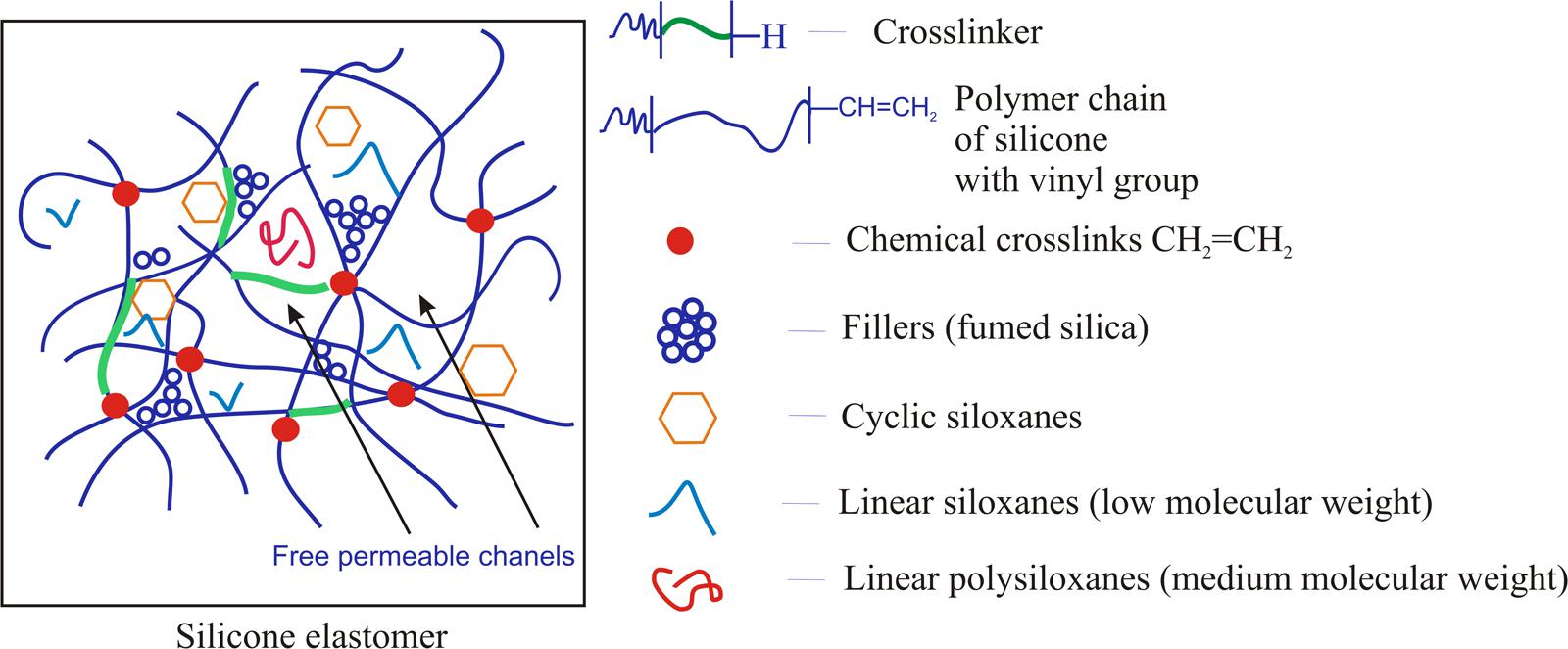
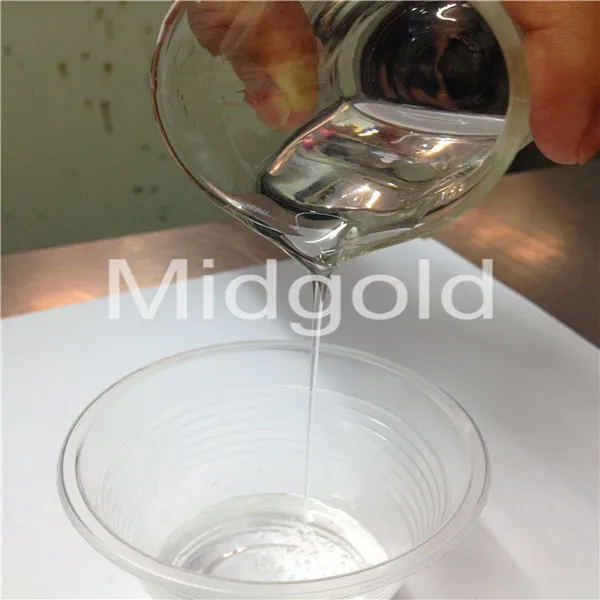
4 Main property requirements for RTV silicone rubbers for electrical & electronic applications RTV silicone rubber Light resistance, transmissivity
CONDENSATION SILICONES It was the first type of silicone impression material. Also known as conventional silicones. Setting occurs …
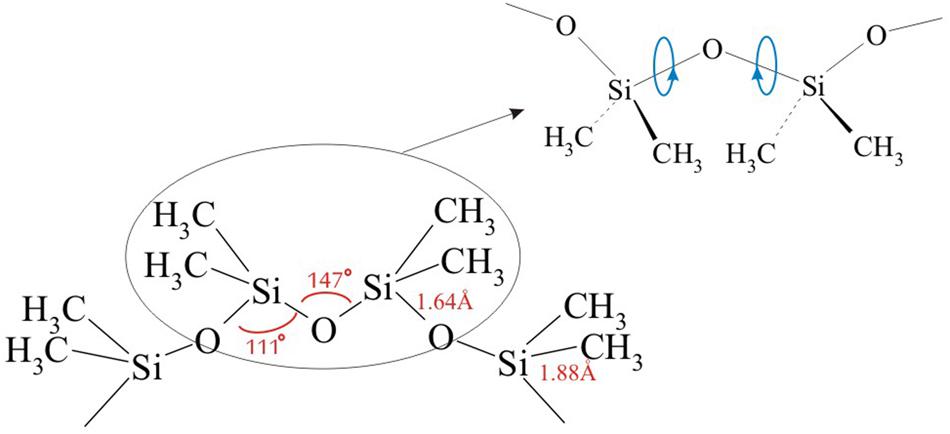

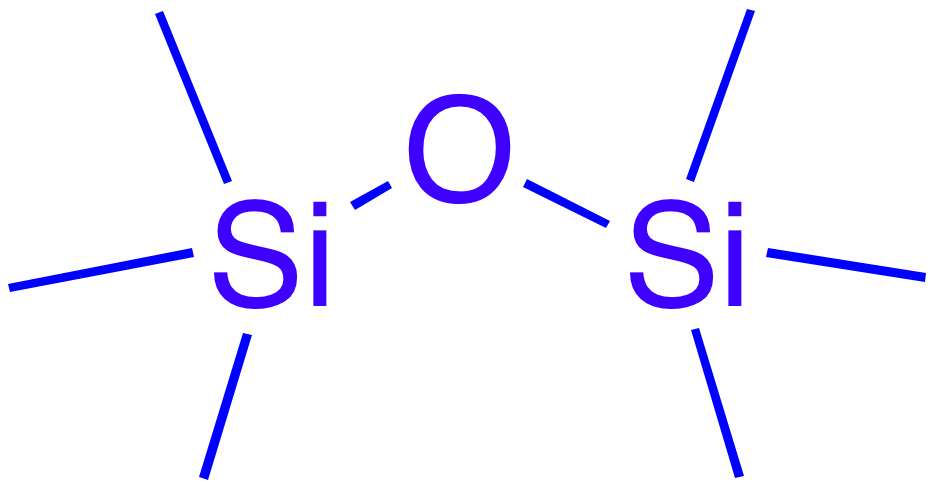
![]()
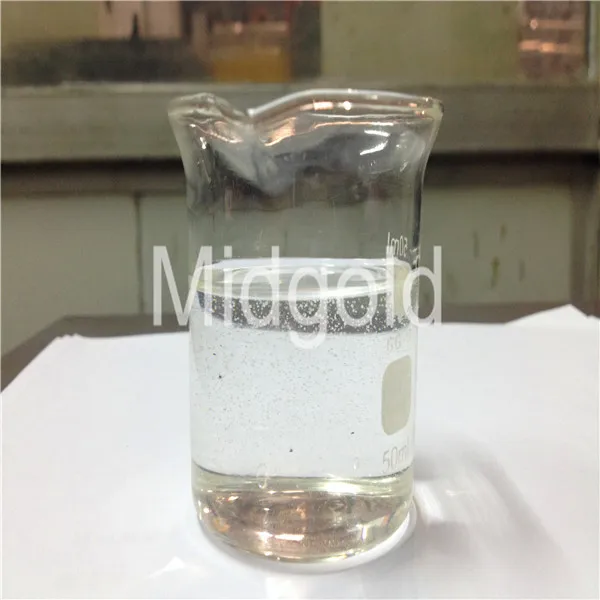
1/4 Cyclic Dimethyl Siloxane SF1202 SF1202 silicone fluid is a volatile, low viscosity cyclic dimethyl siloxane. It evaporates readily without a residue or cooling sensation.
Chemically Bond to the Substrate. Siloxane based masonry and brick sealers that penetrate into the substrate have many advantages over surface sealers such as acrylics, silicone and epoxies.